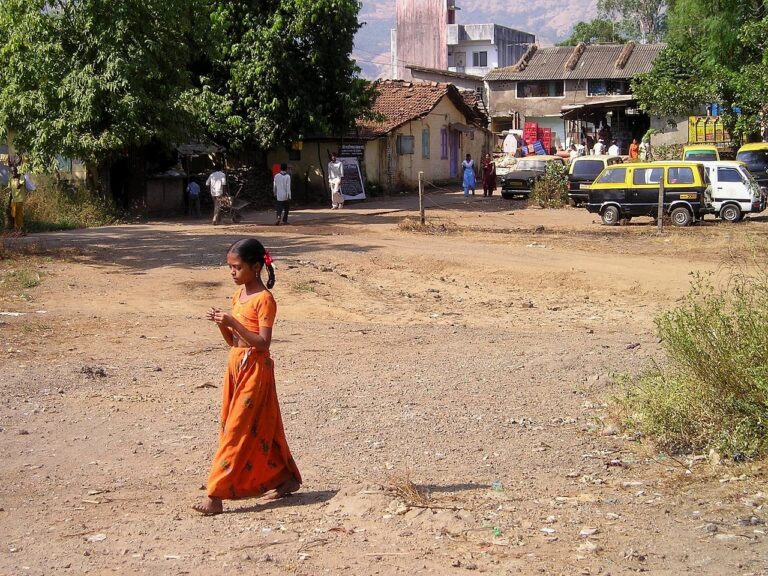Financial Challenges Facing Political Campaigns: World7.com, Mahadev app login, Silverexch login
world7.com, mahadev app login, silverexch login: Running a successful political campaign is no easy feat. Aside from navigating complex policy issues, gaining support from constituents, and managing a team of dedicated volunteers, one of the biggest challenges that political campaigns face is financial. In today’s fast-paced, media-driven world, it takes a significant amount of money to run a successful campaign and get your message out to voters. Here are some of the financial challenges facing political campaigns today:
Donations and Fundraising
One of the primary financial challenges facing political campaigns is raising enough money to fund their operations. From advertising and staff salaries to travel expenses and event costs, running a campaign can be expensive. Candidates must rely on donations from individuals and organizations to finance their campaigns, which can be a daunting task. Fundraising events, email campaigns, and social media outreach are common tactics used to solicit donations, but competition for donor dollars is fierce.
Campaign Finance Laws and Regulations
Political campaigns must adhere to strict finance laws and regulations imposed by federal and state governments. These laws govern how much money candidates can raise and spend, as well as where donations can come from. Violating these laws can result in hefty fines, legal troubles, and damage to a candidate’s reputation. Navigating the complex web of campaign finance regulations can be a challenge for even the most seasoned campaign managers.
Media and Advertising Costs
In today’s digital age, campaigns must invest heavily in advertising to reach voters. Television, radio, and online ads are essential tools for getting a candidate’s message out to the public. However, advertising costs can quickly add up, especially in competitive races or high-cost media markets. Candidates must carefully strategize their advertising budgets to ensure they are reaching the right audience with the right message.
Staffing and Infrastructure
Building a successful campaign requires hiring a team of experienced professionals, from campaign managers and fundraisers to communications directors and field organizers. Paying competitive salaries and benefits to attract top talent can strain a campaign’s finances. Additionally, campaigns must invest in infrastructure such as office space, technology, and equipment to support their operations.
External Factors
Political campaigns are vulnerable to external factors that can impact their finances. Economic downturns, scandals, or shifting public opinion can all influence a candidate’s ability to raise money and compete effectively. Adapting to unforeseen circumstances and adjusting fundraising strategies accordingly is essential for navigating these challenges.
Overall, financial challenges are an inherent part of running a political campaign. Candidates must be strategic, creative, and resourceful in their fundraising efforts to overcome these obstacles and secure the resources needed to run a successful campaign.
FAQs
Q: Can political campaigns accept donations from corporations?
A: No, political campaigns are prohibited from accepting donations from corporations. They can only accept donations from individuals, political action committees (PACs), and other eligible sources.
Q: How can I support a political campaign financially?
A: You can support a political campaign financially by making a donation online, attending fundraising events, or volunteering to help with fundraising efforts.
Q: Are there limits to how much money I can donate to a political campaign?
A: Yes, federal law sets limits on individual contributions to political campaigns. For the 2022 election cycle, the limit is $2,900 per candidate, per election. Be sure to check the most up-to-date contribution limits before donating.
Q: Do political campaigns receive public funding?
A: Some political campaigns may qualify for public funding through the Federal Election Commission’s public financing program. These funds are distributed based on specific eligibility criteria and fundraising requirements.







